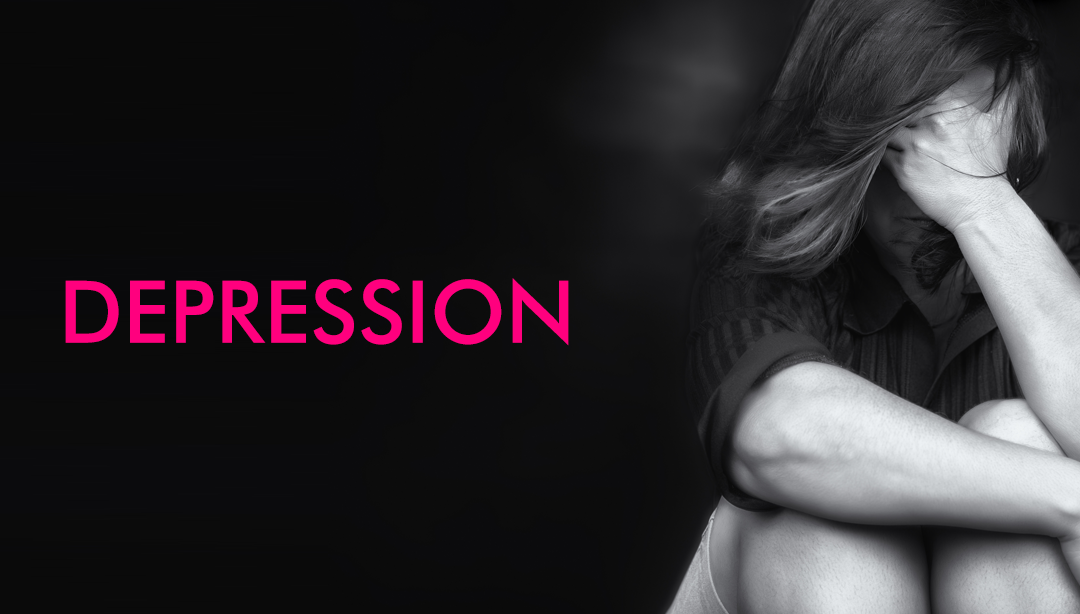Depression is highly prevalent and one of the most common types of mental illnesses that affects about 340 million people worldwide. Interestingly, depression is the most treatable form of mental illness, but nearly half of all cases go undiagnosed and untreated. Depression does not discriminate by age group, social class, or culture. Its occurrence is more common in females than males, affecting 25 percent of females versus roughly 10 percent of males. Also, one out of every 20 teenagers are affected by depression.
Real or Imagined?
The stigma attached to mental illness often causes people to dismiss the symptoms a loved one may indicate they are suffering from or actually display. The lack of knowledge and/or willingness to accept depression for what it is often leads to erroneous commentaries such as, “There is nothing wrong with him, just lazy”, “It is all in her head”, “She really knows how to make a mountain out of a molehill” and so forth. Since mental illness is misunderstood others sometimes have a difficult time validating the experiences of an individual struggling with depression.
Situational versus Clinical Depression
It is extremely important that a distinction is made between situational depression and clinical depression. Situational depression is an ordinary response to events around us. It is pretty common and typically follows stressful situations or losses. These feelings are often suppressed but it is best to work through these periods with help from a counselor or therapist. Clinical depression is a medical diagnosis and often necessitates other types of treatment.
Symptoms and Origins
The fundamental symptoms of depression include:
- A lack of energy, motivation, or feeling run-down
- A gloomy, sad, or empty mood
- Withdrawing from loved ones and friends
- Feelings of hopelessness, pessimism, guilt and anxiety/irritability
- Inability to concentrate
- Loss of interest in things that were once pleasurable
- Change in appetite
- Change in sleeping patterns
- Aches and pains and digestive issues that do not subside with treatment
- Thoughts of suicide
Clinical depression can be sparked by a recent loss or other gloomy event, but then escalates out of proportion to the situation and continues much longer than appropriate. As with many other conditions that are misunderstood, there are several presumptions about mood disorders, the real origins of depression are unclear. However, those with a family history of depression are more likely to experience its effects at some point during their lifetime.
Recommendations to Handle Depression
There is no “one size fits all” model for dealing with depression because each individual is unique. What is important is to find something or a combination of things that is effective for you and restores you to a place of balance in your emotional life.
Some recommendations for combating depression include:
- Exercise
- Curtail caffeine because it can interfere with normal moods
- Stay connected to your support system
- Check your medications to make sure you are not taking any over-the-counter or prescribed medications that contribute to depression
- Follow a well-balanced diet
- Seek professional assistance
- Check with your physician to determine if an anti-depressant medication would be appropriate
If you or a loved one is depressed, please know that you are not alone! The first step to reclaiming your life and getting healthy is acknowledging the problem. Then you can seek help!

